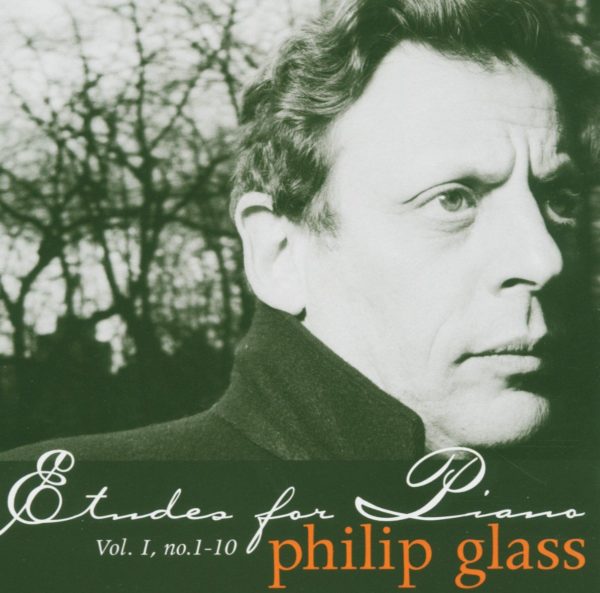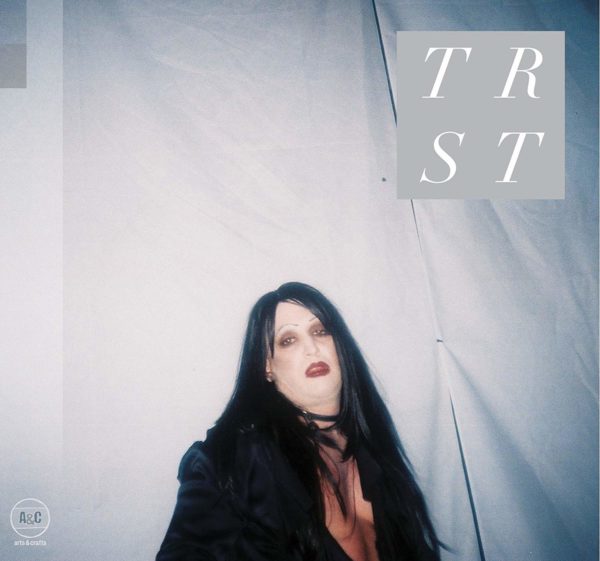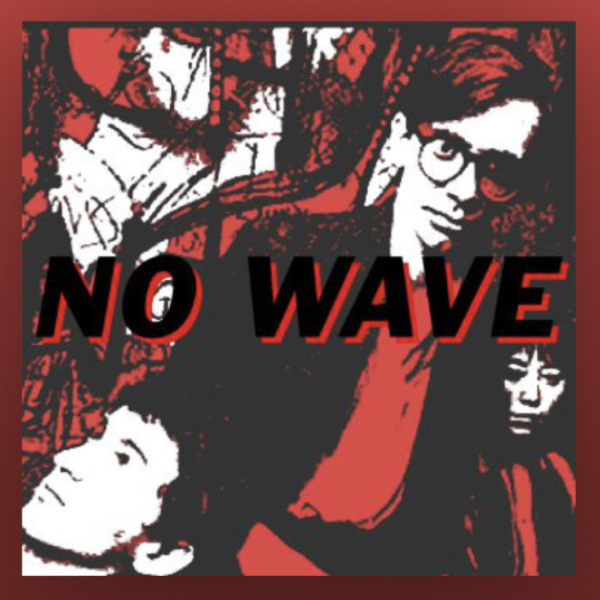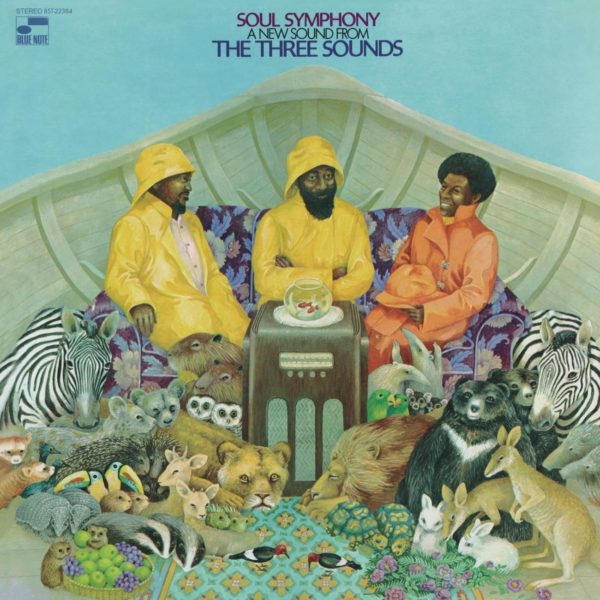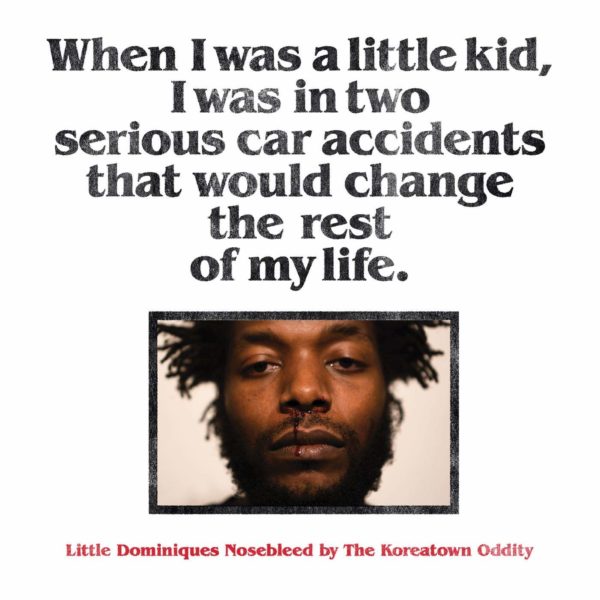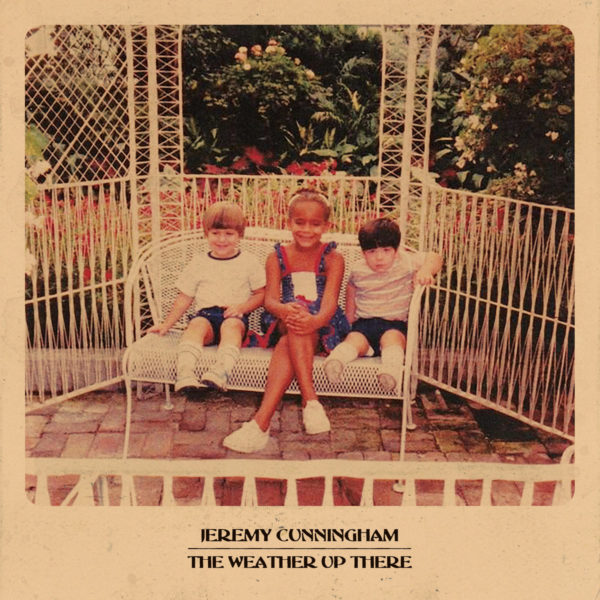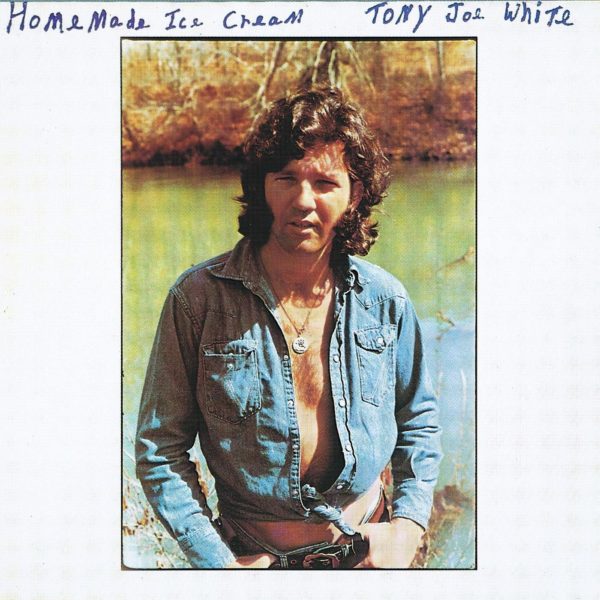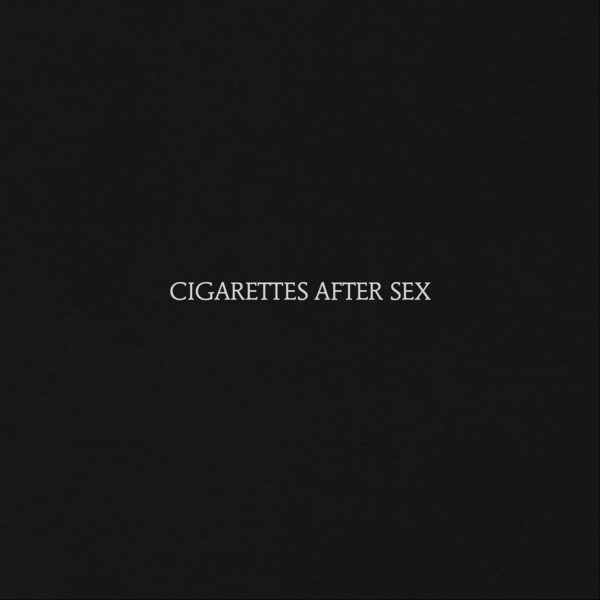Inspiration: Julius Eastman
I listen to Femenine quite frequently these days. Walking to my studio or to the shop, or sometimes when I’m writing in the morning, I’ll grab 20 or so minutes of it. I listened to it in its entirety, a rare treat, on a recent drive to Baltimore (for both Jawbox rehearsal and a New Freedom Sound recording session: a big music day!) and on the drive home. This version of this piece utterly captivates me. It seems to contain much of what I look for in music, a capacity for immersion, some rowdiness, some sheer beauty, wiggle-room, improvisation, and a fairly wide range of instrumentation. Alex Ross wrote about it with characteristic enthusiasm and intelligence. You’ll learn more about Eastman and his music by reading that article than skimming this post, but I will say that Eastman’s approach, his sense of minimalist grandeur, generates a kind of monumental quality notable as much for its duration as its density.
Inspiration: Sarathy Korwar
New Freedom Sound on Bandcamp
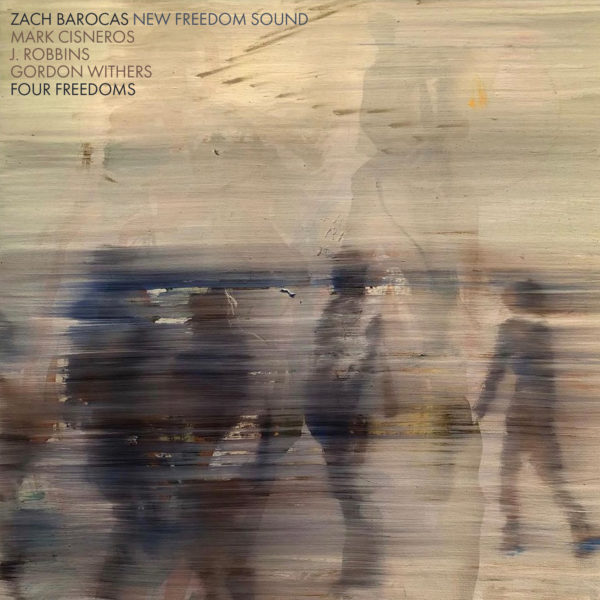
On March first of this year, not a note of this music existed. I had much of it in mind one way or another for some time but didn’t know where to start or how to capture it. It came to me, finally, that I could put together a modest but effective studio, sing the primary chords of each piece, record them over basic drum tracks, and send the results to cellist Gordon Withers. Gordon then sent me his cello ideas for each piece, frequently several at a time, which I edited and shaped into skeletal versions of enumerated compositions eventually called “Freedoms.” From there, the sketches were sent to J. Robbins and Mark Cisneros, and we all met at Magpie Cage in Baltimore to record their ideas and improvisations. I finished the pieces back at my studio, sent the files to J. for mixing and Dan Coutant for mastering and that is the story of these recordings.
“But why ‘Freedoms?’ Freedom from what?” one might ask. Freedom from oneself, perhaps, as one is freed when captivated by acts of creation; freedom from the limitations one has habitually and wrongly set for oneself; freedom from the despair and fear of the cascading and escalating crises of the last several years and especially the last couple of years. These freedoms are temporary, of course, and rarely concurrent. But they are at times all we have, and it seems suitable if humble tribute to capture and share some of their spirit in music.
Thank you for listening. I hope you enjoy it.
Inspiration: Winfried Muhlum-Pyrapheros
Inspiration: The Royal Road
Day’s Plays Guest Post: Jacqueline Mabey
[You can learn more about Jacqueline’s work here and here.]
Various Artists, I’m Waiting for the Day (Spotify): I made a playlist of low-key tunes to listen to while waiting for video meetings to begin. I prefer it to awkward chit chat. But I’m a Capricorn, which means I’m basically dead inside.
Various Artists, iCalm: Through a Dog’s Ear (Spotify): Oh, the manifold joys of loving an anxious dog. Like listening to Erik Satie, played at half-speed, for hours on end, all in the name of soothing the frayed nerves of my canine life companion.
Philip Glass, Etudes for Piano, Vol. 1, No.1-10 (Spotify): I recently moved to London to pursue a PhD in History of Art. I prefer instrumental music as a soundtrack for reading and writing. Philip Glass’s piano works are in heavy rotation, along with William Basinski, Cluster, Harmonia/Brian Eno, How To Disappear Completely, Faten Kanaan, et cetera.
Various Artists, No Wave: New York Noise (Spotify): The subject of my PhD project is the artistic community of Downtown New York from 1973 to 1987, so I guess this counts as research? Lots of No Wave and New Wave these days, to get myself in the ‘Bad Old Days’ headspace.
TR/ST, TRUST (Spotify): Remember going out? Me neither. No, wait. I remember listening to TR/ST on the B train. Heading into Chinatown over the Manhattan Bridge, staring at the city lights, hungry for the night. I listen to it now to remind myself that, one day, we will again dance with our friends and strangers in the dark. Start with the 2012 album and work your way through the discography.
Brian Eno, Ambient 1/Music for Airports (Spotify): I have listened to Music for Airports at bedtime for decades at this point. When I started dating my long-term partner and realised that they shared my nocturnal Eno habit, well, it sealed the deal.
Inspiration: Rhiannon Giddens
Inspiration: Tamala
Day’s Plays Guest Post: Stephen Mejias
[You can see some of Stephen’s work here, here, and here.]
The Three Sounds, Soul Symphony (Spotify): My relationship with music changed soon after the birth of our daughter in March 2019. Thinking about it now, things had started to change even before she was born. Rather than search, often obsessively, for the strangest, most obscure, or most challenging pieces of music, I searched for sounds that would immediately soothe and consistently delight. A number of soul-jazz, blues, and funk albums from the late-sixties Blue Note catalog are great for this. I was probably drawn first to the cover art, which almost seems specifically designed for sleep-deprived parents and their young, restless children. As it turns out, Soul Symphony is the final entry in The Three Sounds’ long discography, and it features original member, Gene Harris, agile and poised on piano; the strong and versatile Henry Franklin on bass; a wonderfully funky and stirring Carl Burnett on drums; an orchestra conducted and arranged by Monk Higgins; and soulful backing vocals by the Specialties Unlimited—Clydie King, Mamie Galore, and Alex Brown. We rarely make it past the title track, but that’s okay. It’s a 26-minute suite that courses through various rhythms, waltzes, and chants—all of which are pretty perfect for keeping babies, toddlers, and parents in good spirits. Also, I would not be surprised if second, third, and fourth copies of this album are kept tightly locked away by savvy DJs and beat hunters.
Andy Bey, Experience and Judgment (Spotify): For about 30 minutes each weekday morning and evening, on drives to and from our nanny’s apartment, I listen almost exclusively to Newark’s own WBGO 88.3FM — the world’s greatest independent radio station. In that relatively short (but awesomely restorative) period of time, I’m treated to all sorts of soul, jazz, blues, funk, and Latin music that I almost certainly would otherwise neglect. You would not believe the number of times WBGO’s DJs have forced me to pull over, put the car in park, and Shazam their playlist. You would not believe the number of times I’ve Shazam’ed Andy Bey. What is it with this guy? His voice is concrete and pain, cashmere and blood. From what I understand, 1974’s Experience and Judgment stands out in his discography, boasting a sort of celestial spirit that his earlier work rarely revealed. There are funk guitars, funk keys, funk grooves, and Bey’s funky-ass voice, which works as well here as it would in an opera or on a street corner. Born in Newark in 1939, openly gay and HIV positive, Bey likely knows more than a thing about experience and judgment. I’m here for all of it. This man is a king and I rejoice every time I hear his intoxicating, confounding voice.
The Koreatown Oddity , Little Dominiques Nosebleed (Bandcamp): As the album art explains, when The Koreatown Oddity (Dominque Purdy) was a little kid, he was in two serious car accidents that would change the rest of his life. With virtuosic rapping that gracefully weaves through decades of jazz and soul, atop the pop and crackle of dirty old vinyl, recalling a childhood of video games, cartoons, professional wrestling, and street fights, Little Dominiques Nosebleed tells that story — little Dominique’s origin story — in remarkably vivid detail. He shows us where he’s from. And, although Los Angeles is 3000 miles from Newark, it feels a lot like home. This is a rollercoaster of a record: funny, frightening, illuminating, and absolutely necessary.
Jeremy Cunningham, The Weather Up There (Bandcamp): Straight from the Bandcamp page because I can’t describe it any better: “Chicago drummer and composer Jeremy Cunningham wrote The Weather Up There in response to the loss of his brother Andrew, who died in a home invasion robbery in 2008. Co-produced by Jeff Parker and Paul Bryan, and engineered by Paul Bryan and John McEntire, this work confronts the tragedy of violence and examines the acute ripple effect on several lives through the lens of memory, response, and collage. Further deepening the textural and emotive impact, Cunningham formed a “drum choir” for these recordings, comprising close mentors and colleagues Mike Reed, Makaya McCraven, and Mikel Patrick Avery. Cunningham also taps regular collaborators Ben LaMar Gay, Jaimie Branch, Tomeka Reid, Dustin Laurenzi, Matt Ulery, and Josh Johnson.” This is a special record, an urgent story beautifully told through song, a gripping and tragic document of life lost and what happens after. It’s fragility, vulnerability, forgiveness and love. It’s empathy, courage, the human spirit — a beautiful, beautiful thing.
Tony Joe White, Homemade Ice Cream (Spotify): Typically, I can trace my musical interests or whimsies — returns and departures — to a moment in time, a specific response for or against something seemingly large and immovable. After Trump was elected, for instance, I spent the better part of the following 18 months listening to nothing but doom metal and noise. But at some point during this terrifying, suffocating pandemic, the illogical algorithm that shoots ones and zeroes through my weary brain pushed me into Tony Joe White. I first became acquainted with his work during my days at Stereophile magazine. He was sort of that kind of artist — relatively unknown, for those who knew, whose songs were hits for others only. Even I’d forgotten about him until one night in bed, having nearly sung myself to sleep along with our daughter, I blindly swiped through the app and stumbled upon Homemade Ice Cream. And I don’t know, it must’ve had something to do with the album art because, well, look at him — wavy-haired and belly-proud and glowing in the soft sunlight. Who doesn’t want to feel like that? “Saturday Night in Oak Grove, Louisiana” tells us: “You get home just around sundown and jump into the shower / And now you’re starting to run around / And you know you’ve only got an hour / To comb your hair.” Huh. Maybe it makes perfect sense after all. Maybe I’m mourning a thing or two, hair to wash and comb. There’s a dirty blues riff and a driving beat and an animal snarl. The rest of the album is very different and worth every moment.
Cigarettes After Sex, Cigarettes After Sex (Bandcamp): It was near the end of August or early September, after months of settling for indoor activities and the occasional long walk, that we finally felt ready to take our daughter to a playground. Weighed down with hand sanitizer and disinfectant wipes, we moved carefully from swings to slide as the brightest smile and bluest eyes came charging into our lives. The little girl seemed to absorb sunshine, regenerate it, cast it out as purest joy. “This one,” I must’ve thought then. “I want ours to be friends with this one.” Not long after, we would indeed become friends — a fact that, when set against our current circumstances, is undeniably miraculous. As friends do, we’ve shared music. Among many others — The Cure, Metric, Morrissey, and more — I’ve gained this one, the eponymous debut from Texas slow-core band Cigarettes After Sex. The song “Apocalypse” seems fitting for today, not just because of its title, but for its quiet hope and enduring wonder. At around 3:35, just after the lines “You’ve been locked in there forever / and you just can’t say goodbye,” the music fades to blackest black, momentarily fooling the listener into thinking it’s over, only to return with more ecstasy, more love, and a reminder that we’re not alone.


